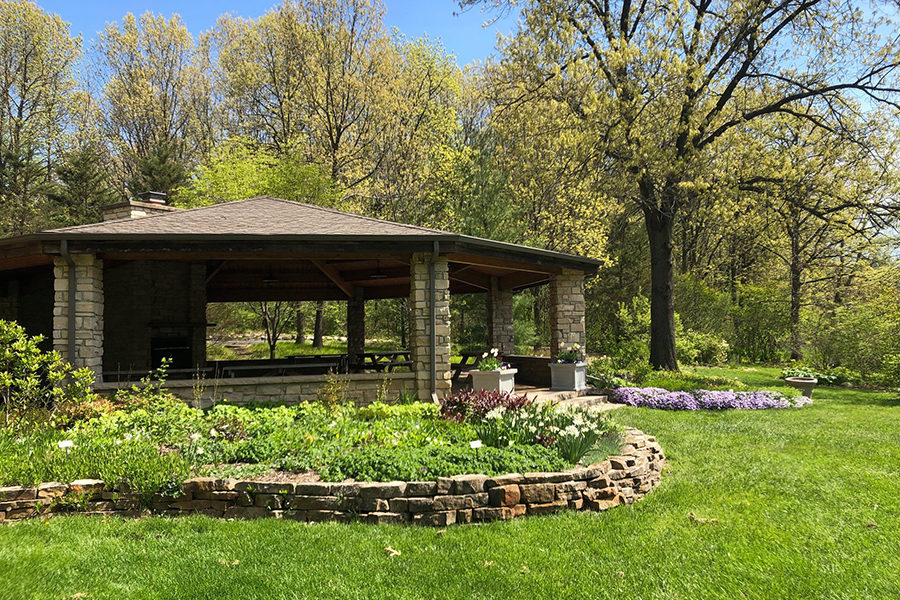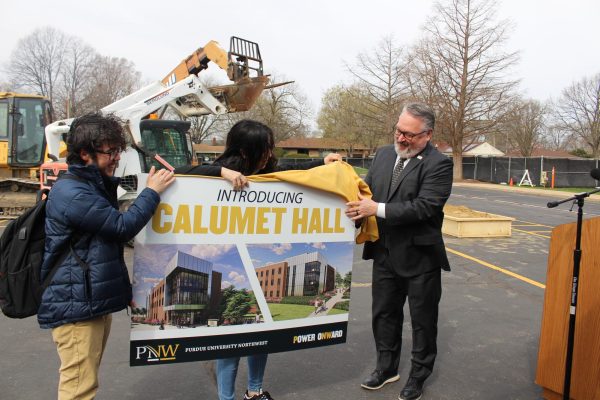Some students strive to live more sustainably
Students concerned about the environment are searching for ways to live more sustainably. The university’s Gabis Arboretum in Valparaiso seeks to protects a slice of the Region’s environment by serving as a regional nature preserve.
Many students talk about the importance of environmental awareness, but some PNW undergrads are doing their part to save the environment every day.
“Ever since I was a kid, I always turned off the sink when brushing my teeth,” said Kevin Lee, a senior studying Sociology. “On a school field trip to the zoo, the zookeeper showed a demonstration of how much water was wasted when the sink was left on.
“The difference was enough to change my habit completely,” he said.
The Environmental Protection Agency estimates that people can conserve eight gallons of water per day by turning off the tap while brushing their teeth, and 10 gallons a day if they turn off the tap while shaving. Assuming the average person brushes twice daily and shaves five times per week, the EPA estimates a savings of nearly 5,700 gallons per year.
Lee is not the only student to live environmental lessons learned in childhood.
“I was always given hand-me-downs,” said Pedro Flores, a junior studying English. “I always thought it was just convenient for my parents, but when I asked them, they said it was more environmentally friendly.”
Reusing clothes and buying vintage clothes is not unusual for students.
“I love browsing thrift stores,” said Rimy Morris, a senior Sociology student. “I can usually find something cute that reflects my style and personality. The cost and the sustainability of reusing clothes is just an added bonus.”
Online consignment story and secondhand retailer thredUp, estimates that if 80% of the garments the average consumer buys annually were used, they would prevent 527 pounds of carbon dioxide being released into the atmosphere.
Some students are bringing sustainability to their food.
“I’ve started growing my own herbs,” said Jaden Erracho, a senior Education major. “I’ve never really had a green thumb, but after learning how much it helps the environment, I’ve come to the conclusion that homegrown cilantro tastes a lot better.”
TikTok has been a motivator for students to become more environmentally conscious as well.
“I’ve started buying reusable sandwich bags and even got a bento box,” says Aziza Zeiler, a junior studying Sociology. “I really want to branch out into no-waste grocery shopping, where you bring your own containers and buy food from dispensers on a weight basis.
“Not only will it help the environment,” she said, “but it helps me stay organized too.”






Lori Kohlman • Sep 21, 2022 at 4:51 am
Great tips and ideas. Love the article. Impressive writing.